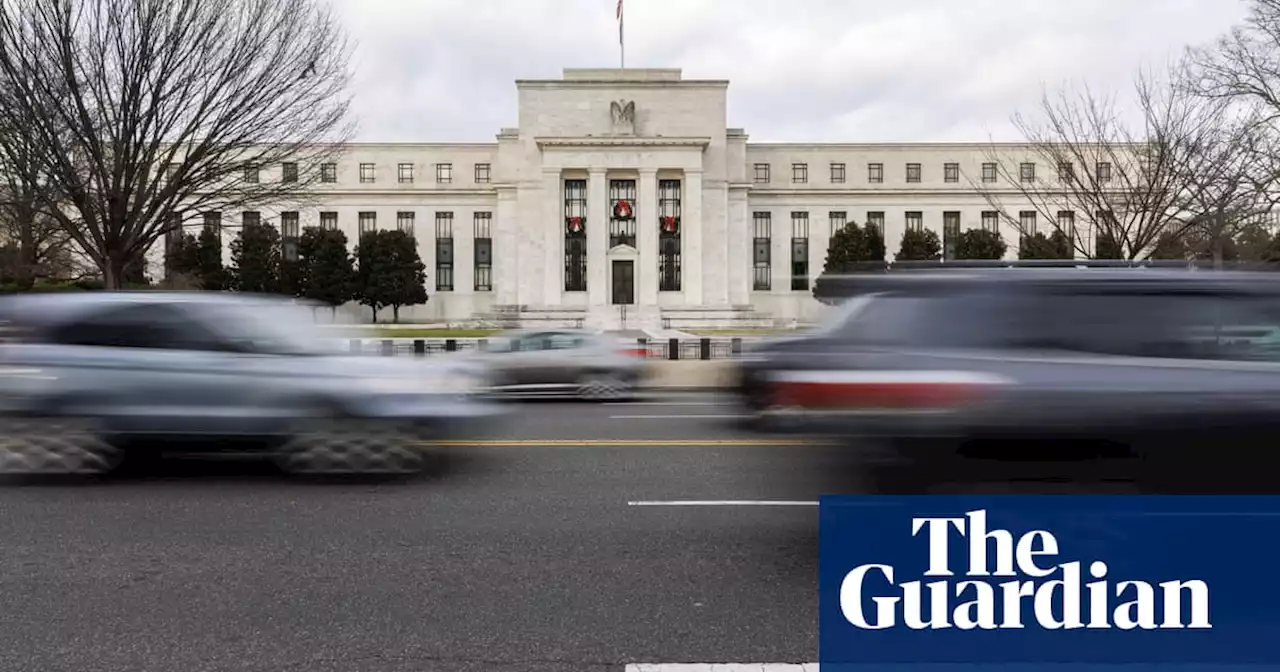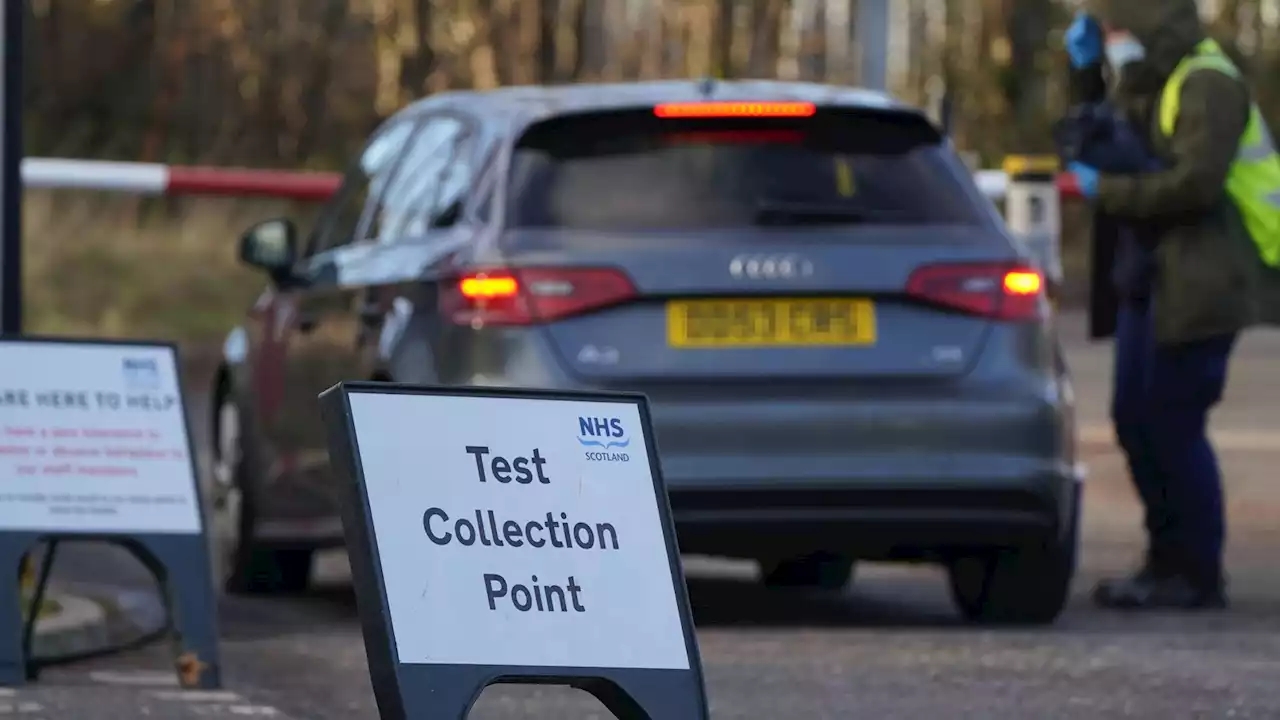Many big American clothing brands that are believed to have stopped bringing in products made with Xinjiang cotton have not been trumpeting this, fearing a backlash and boycotts
The law, which goes into effect in June, was a rare victory for human-rights groups and reflects a bipartisan China hawkishness in Washington. It bans imports of products from the region of Xinjiang in China on the presumption they are made with the forced labour of Uyghurs, a mostly Muslim ethnic group enduring horrific repression. Goods from Xinjiang can be brought to America only if importers can prove that forced labour was not used in their production.
Xinjiang does not export all that much directly to America: $596m-worth of goods in 2020, or 0.1% of total American imports from China. But some of the region’s more specialist products, such as nitrogen hetero cyclic compounds used in cancer drugs, will be hard to replace quickly. And many regional products make their way into American goods along complex global supply chains. Cotton from the region, an important export, is used in textiles made in other countries, such as Vietnam.
Now American firms must make a greater effort to rid their supply chains of any hint of Xinjiang. Those trying to do so, owing to existing import restrictions and in anticipation of the new law, have had some success. The value of Xinjiang’s direct exports to America sank to less than $8m in September, down by nearly 90% year on year, according to the Observatory of Economic Complexity, a data provider.
A knottier problem for American firms is that they cannot be seen as endorsing their government’s tough stance in China, a huge and important market. Those that helped craft the forced-labour law prefer not to be identified, says a former Congressional staffer. . When Intel, a chipmaker, wrote to suppliers in mid-December stating that they must keep products free of goods or labour from Xinjiang, this sparked a nationalist furore in China, fuelled further by state media.
The new law will not end all American imports from Xinjiang. Those of the cancer-drug components have actually risen this year. In other cases, for example polysilicon used in solar panels, American firms may simply shift to suppliers in other parts of China—hardly a rebuke to the government in Beijing, which has sent tens of thousands of Uyghurs, if not more, to other regions to work under what are believed to be coercive conditions.
Ireland Latest News, Ireland Headlines
Similar News:You can also read news stories similar to this one that we have collected from other news sources.
 Global economy to grow by about 4% in 2022, says thinktankCentre for Economics and Business Research forecasts reasonably strong rise in face of inflation, Omicron and supply chain crisis
Global economy to grow by about 4% in 2022, says thinktankCentre for Economics and Business Research forecasts reasonably strong rise in face of inflation, Omicron and supply chain crisis
Read more »
 COVID-19: Contingency plans drawn up over fears a quarter of public sector workers could be absent due to OmicronBoris Johnson is tasking ministers with contingency planning in a bid to reduce possible disruption to public services and supply chains caused by the current record-breaking number of COVID cases.
COVID-19: Contingency plans drawn up over fears a quarter of public sector workers could be absent due to OmicronBoris Johnson is tasking ministers with contingency planning in a bid to reduce possible disruption to public services and supply chains caused by the current record-breaking number of COVID cases.
Read more »
 Carrie Bradshaw just wore socks and sandals so now we're wearing socks and sandalsIf it's good enough for her, it's good enough for us
Carrie Bradshaw just wore socks and sandals so now we're wearing socks and sandalsIf it's good enough for her, it's good enough for us
Read more »
 Carrie Bradshaw just wore socks and sandals so now we're wearing socks and sandalsIf it's good enough for her, it's good enough for us
Carrie Bradshaw just wore socks and sandals so now we're wearing socks and sandalsIf it's good enough for her, it's good enough for us
Read more »
 New year Brexit changes ‘permanently damage’ EU trade, says food bodyNew customs checks will make imports more expensive and slower, says Cold Chain Federation
New year Brexit changes ‘permanently damage’ EU trade, says food bodyNew customs checks will make imports more expensive and slower, says Cold Chain Federation
Read more »
 New year Brexit changes ‘permanently damage’ EU trade, says food bodyNew customs checks will make imports more expensive and slower, says Cold Chain Federation
New year Brexit changes ‘permanently damage’ EU trade, says food bodyNew customs checks will make imports more expensive and slower, says Cold Chain Federation
Read more »
